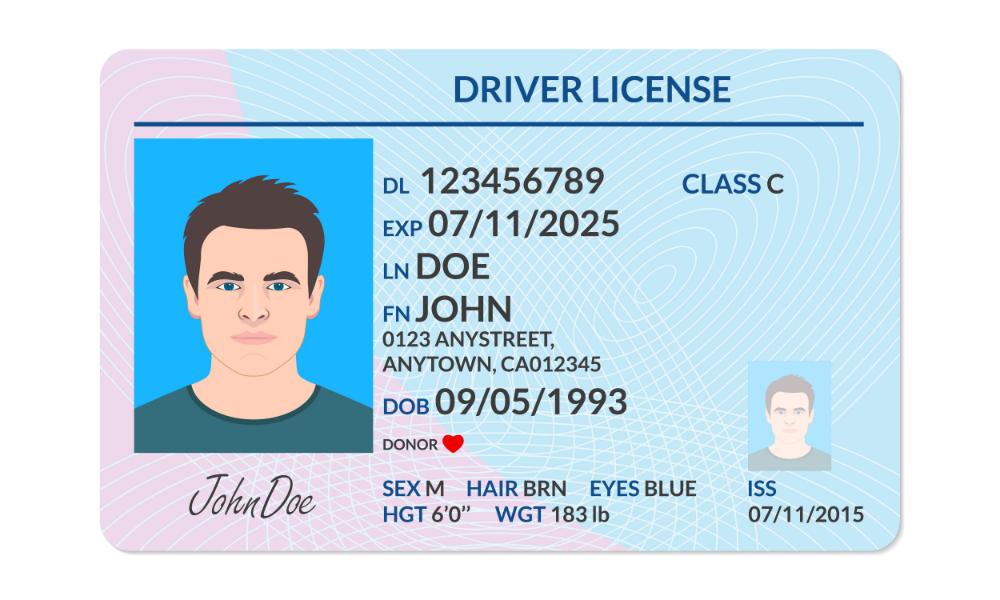
States with medical cannabis programs in place tend to require that patients register in order to possess and use cannabis. Registration often takes the form of a medical cannabis card issued by the state. But know this: a medical cannabis card is not a license to do whatever you want. Cannabis is still regulated by the states.
Regulations vary from one jurisdiction to the next. So the first thing to know about obtaining a medical cannabis card – if it’s possible in your state – is understanding your legal rights and responsibilities. Some states have a more simple framework than others. Regardless, it is in your best interests to know the laws in your state.
What a Card Does for You
Medical cannabis cards are issued with the understanding that they take the place of traditional prescriptions. Because THC and marijuana are still federally illegal, doctors cannot write traditional prescriptions. All they can do is make recommendations for medical cannabis. In the absence of a prescription though, patients need something to justify their desire to purchase cannabis medications. Enter the medical cannabis card.
States handle medical cannabis cards differently. However, the system in Utah is pretty standard. Utah will issue medical cannabis cards to adults who have been diagnosed with one of a list of qualifying conditions and for whom medical cannabis is deemed an appropriate treatment by a licensed medical provider.
With card in hand, a patient can visit the Beehive Farmacy in Brigham City, or any other medical cannabis pharmacy in Utah, to buy medications. Beehive State patients are expected to consult with their pharmacists on every visit.
Possession and Distribution Restrictions
Utah is similar to most other states in the sense that their medical cannabis program places limits on possession and distribution. Patience can only possess a certain amount of medical cannabis at any one time. They are prohibited from distributing their medicines to anyone else. A patient purchasing vaping cartridges from Beehive Farmacy and then turning them over to someone else is breaking the law.
Many states prohibit possessing any medical cannabis products that were not purchased at a pharmacy or dispensary. Only a few allow patients to grow their own plants at home. The main point here is that having a valid medical cannabis card isn’t a license to possess as much marijuana as you want. It is also not a license to distribute.
No Imports Allowed
There have been multiple stories in recent years of individuals being caught transporting marijuana between states. Pulling out a valid medical cannabis card is no defense. Here’s the deal: it’s illegal to transport marijuana across state lines. Medical cannabis is included in the prohibition. Having a valid card does not give one license to purchase cheap cannabis in Arizona and bring it across the border into Utah.
On a related note, reciprocity agreements among states with medical cannabis programs are virtually nonexistent. We can go back to Utah for an example. Utah does not recognize any other state’s medical cannabis card as being valid within its borders. If a medical cannabis patient were to visit friends or family in Utah, that person would have to obtain a temporary non-resident card to possess and consume cannabis in the state.
There are plenty of other restrictions that come with medical cannabis cards. Yet the most important thing to remember is that a card does not equal a license to do whatever you want with cannabis. If you possess a card, know the law and follow it. Otherwise, you might lose that card in the end.
 Living With Healthy Hunger Health Blog
Living With Healthy Hunger Health Blog

